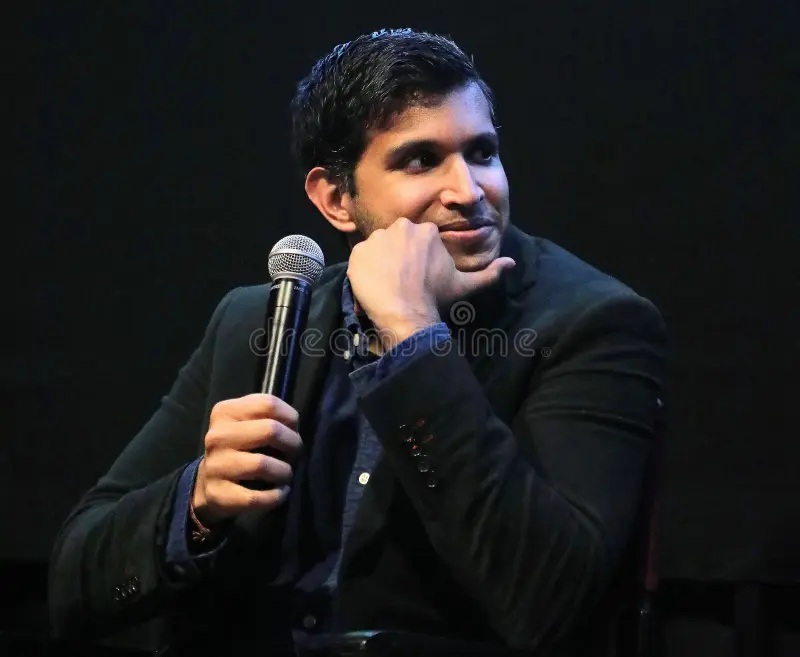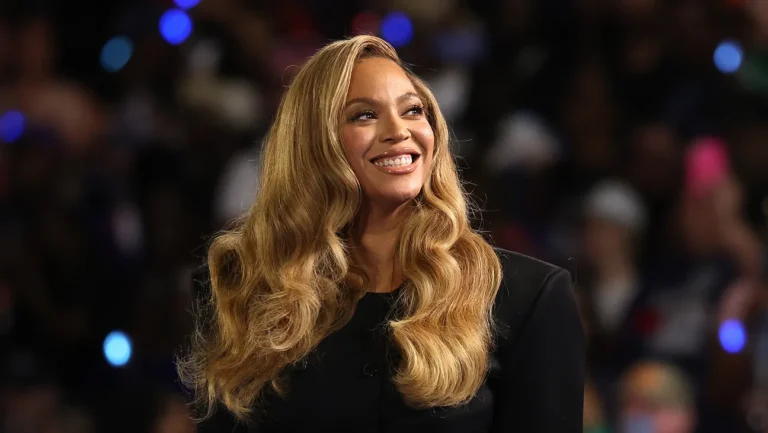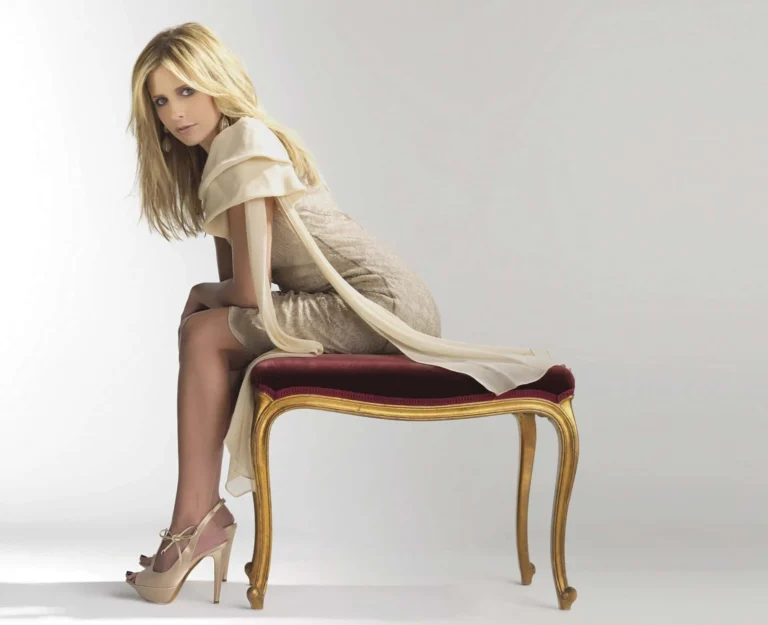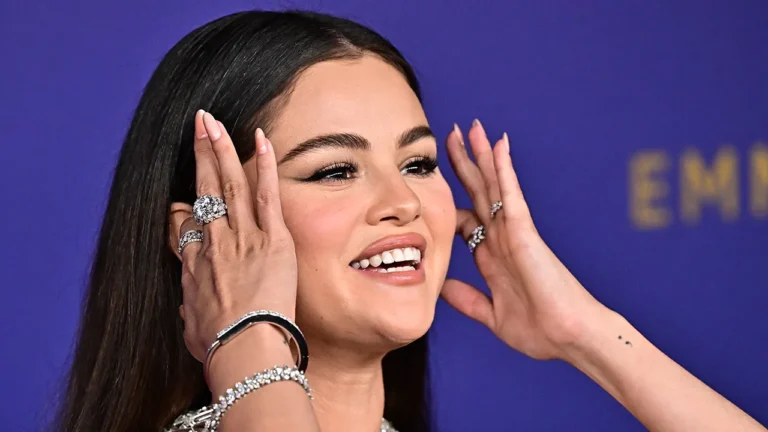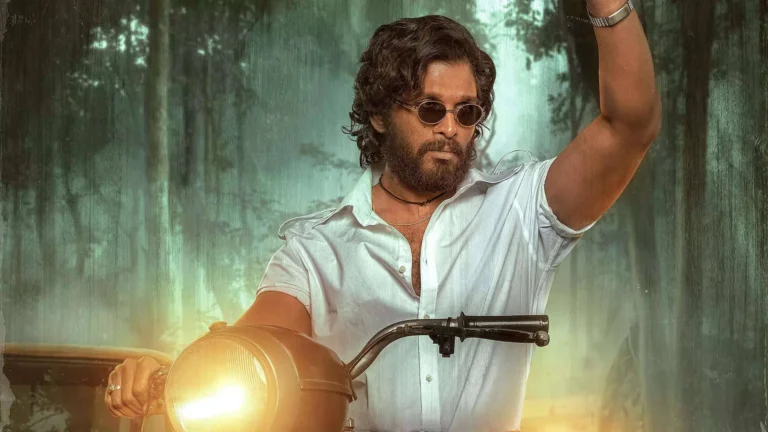Karan Soni and Roshan Sethi Discuss Representation and Identity in ‘A Nice Indian Boy’
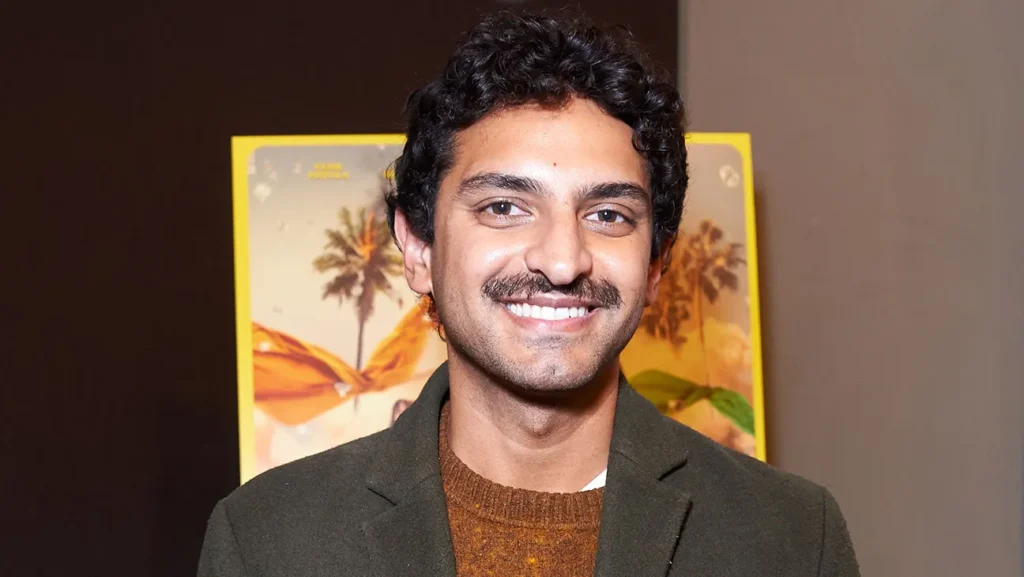
In the romantic comedy “A Nice Indian Boy,” Karan Soni, known for his role in “Deadpool,” stars alongside Tony Award-winning actor Jonathan Groff. The film, directed by Roshan Sethi, tells the story of Naveen, a reserved doctor who introduces his fiancé, Jay, to his traditional Indian family. For Sethi, this project is especially personal, blending his experiences as a filmmaker and a practicing physician.
Set in the United States, “A Nice Indian Boy” follows Naveen as he navigates the complexities of love and cultural expectations. Sethi, who works in palliative care at Dana Farber Cancer Institute, candidly shares that he only came out to his family as gay six years ago. Reflecting on that time, he admits, “I was planning to just ride this out and pretend to be straight, thinking I could get away with it forever.” However, he is grateful for the courage he found to embrace his true identity, stating, “Now, after years of struggling, I’m getting married to a man.”
Soni and Sethi, who are partners both personally and creatively, met through a dating app. Their collaboration on “A Nice Indian Boy” marks a significant milestone in Soni’s career, as it is his second leading role, following their earlier project, “7 Days.” The film had its world premiere at the London Film Festival and is still in search of a distributor for the UK and Ireland.
Sethi highlights the challenges faced in bringing the film to life, emphasizing the industry’s tendency to favor white leads in independent films. He recalls, “Without Jonathan, this movie would not have been financeable.” Despite Soni’s notable work in major franchises, Sethi faced hurdles in securing funding, explaining that financiers often prioritize projects with white leads, complicating the equation for non-white protagonists.
He points out, “Independent films depend heavily on foreign pre-sales, primarily from the UK and Europe, which further skews the market toward white leads.” The systemic barriers create significant obstacles for projects like theirs, where diverse representation is crucial.
For Soni, being cast in a leading role feels surreal, as he reflects on his journey in the industry. “I started auditioning in 2010 and was mostly offered co-star roles,” he shares. He notes that during that time, there were few South Asian representations on screen, with figures like Mindy Kaling and Aziz Ansari being standout examples. “I just wanted to land one episode on a TV show; that was my dream,” he admits.
The film “A Nice Indian Boy” portrays the struggles of finding a partner who aligns with one’s beliefs and values, all while remaining light-hearted and humorous. Sethi believes that despite its comedic nature, the film carries significant social implications. “I grew up watching grand straight weddings in Bollywood, which I loved but eventually resented for their narrowness,” he reflects.
The backdrop of LGBTQ+ representation in India plays a crucial role in the film’s narrative. In 2018, India’s Supreme Court decriminalized gay sex, a landmark ruling that overturned a law that criminalized homosexuality. Sethi acknowledges that they faced obstacles even before filming began, particularly when seeking assistance for the wedding ceremony depicted in the film. “Many Hindu priests across North America declined to help, with one even sending a slur,” he recounts, illustrating the resistance they encountered.
Ultimately, “A Nice Indian Boy” reflects Sethi’s aspirations for acceptance within his own family. “I’m getting married soon, but my mother has asked me to wait. The film ends on a more optimistic note, depicting my personal dream of familial acceptance and belonging,” he shares.
In exploring the themes of identity and love, Sethi and Soni aim to offer a narrative that resonates with audiences while challenging traditional representations in film. “A Nice Indian Boy” not only aims to entertain but also to foster understanding and acceptance in a world that often struggles to embrace diversity.
